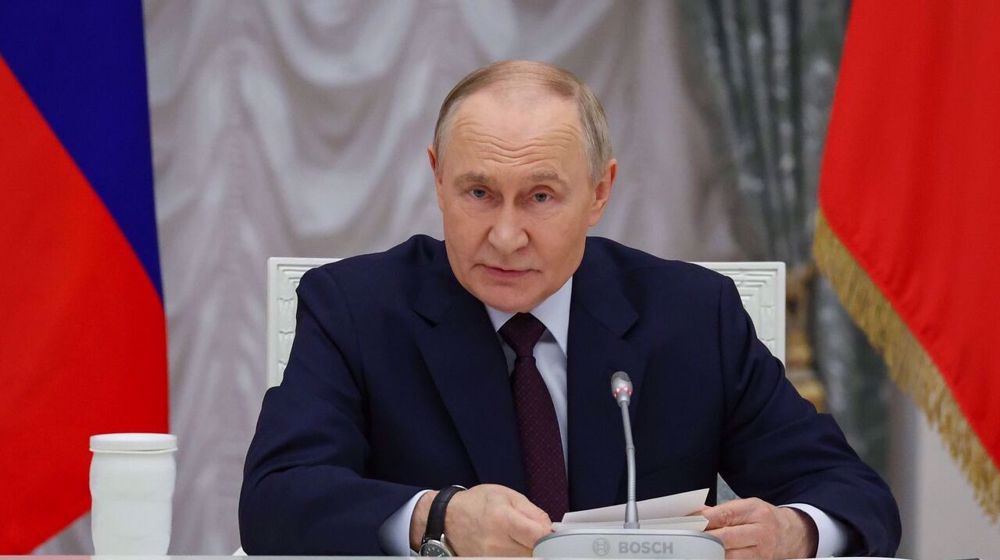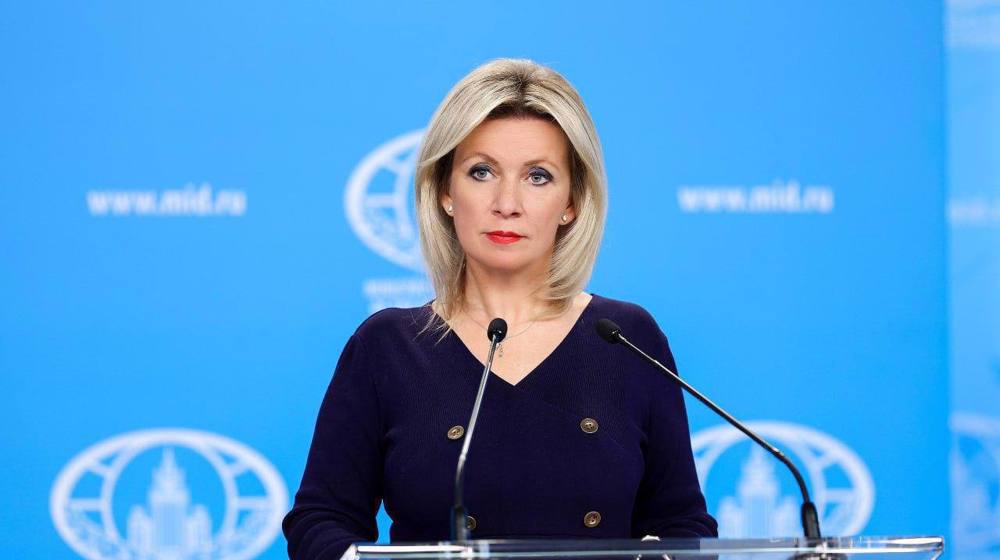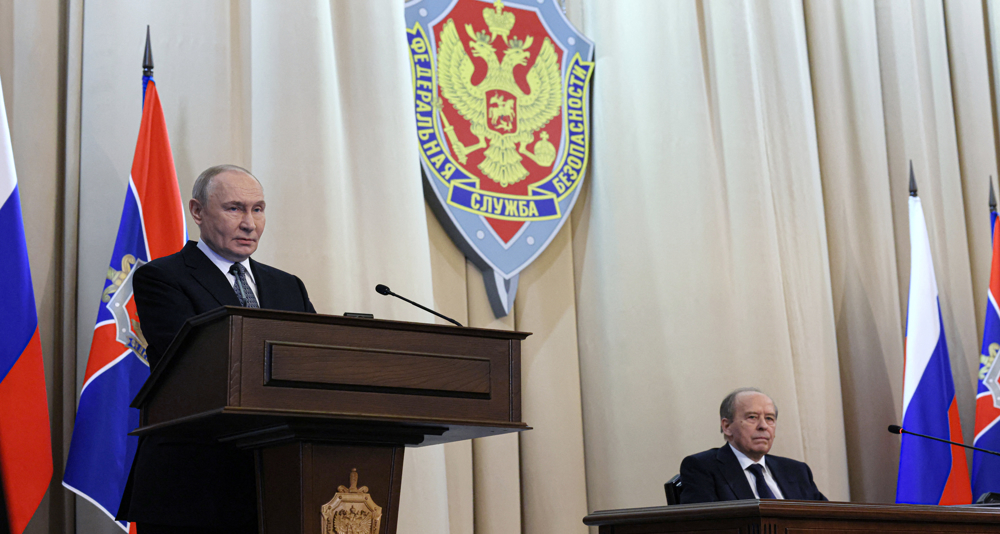Russia expels diplomats from three EU countries over Navalny protests
Russia has expelled diplomats from three European Union (EU) countries for taking part in unauthorized protests in support of Russian opposition figure Alexei Navalny.
The Russian Foreign Ministry said in a statement on Friday that three diplomats from Poland, Germany, and Sweden had taken part in unauthorized rallies in Moscow and St. Petersburg on January 23 and had been declared persona non grata.
They were ordered to leave Russia at the earliest, the statement said.
The ministry said it had also filed formal protests with the embassies of Germany, Poland, and Sweden on Friday and added that Moscow expected diplomats from the three EU countries to “strictly follow the norms of international law” in the future.
The Russian move came hours after EU foreign policy chief Josep Borrell met Russian Foreign Minister Sergei Lavrov in Moscow to discuss ties between the bloc and Russia.
Borrell referred to the developments around the Navalny case as a “a low point” in the relations between the EU and Russia, which he said were “indeed in a difficult moment.”
EU spokesman Peter Stano also said that Borrell had learned of Moscow’s decision to expel the diplomats from the three countries in his meeting with Lavrov and had “strongly condemned this decision and rejected the allegations that they conducted activities incompatible with their status as foreign diplomats.”
The EU, Germany in particular, has been openly interfering in Russia’s internal affairs since allegations first emerged that Navalny had been poisoned with a nerve agent.
Earlier, some 20 diplomats attended a court hearing for Navalny, where he was sentenced to prison for having violated the terms of a suspended prison term. The diplomats included those from the United States, Bulgaria, Poland, Latvia, Austria, and Switzerland.
In August last year, Navalny, 44, collapsed during a domestic Russian flight and was taken to a local hospital. Shortly later, he was airlifted to Berlin for treatment for alleged poisoning. The allegation that Navalny was targeted with a Soviet-era nerve agent was first made by his aides, who blamed Moscow. Germany later said it had confirmed poisoning but refused to provide any evidence, even at the request of the Russian government.
Moscow has denied involvement in any attack on Navalny.
The Russian opposition figure returned to Russia on January 17, and was detained on arrival for violating the terms of a suspended sentence.
Meanwhile, Sweden reacted to the expulsion of its diplomat by saying that the Russian justification for the expulsion was “unfounded.” The Swedish Foreign Ministry said it reserved the right “to an appropriate response.”
German Chancellor Angela Merkel also described the expulsions as “unjustified.” “We believe it is yet another aspect that can be observed right now of Russia being quite far from the rule of law,” she claimed.
Earlier on Friday, German Foreign Minister Heiko Maas said that the action would “not go unanswered.”
Separately, Poland warned that the Russian move could lead to the “further deepening of the crisis in bilateral relations” between the two countries. The Polish Foreign Ministry also said in a statement on Friday that it had summoned Russia’s ambassador to Warsaw.
French President Emmanuel Macron also condemned the expulsions “with the greatest firmness.”
Iran carries out 20th wave of Op. True Promise 4 against Zionist entity, US bases
Araghchi to Trump: Plan A of military victory failed, Plan B will be 'bigger failure'
USS Abraham Lincoln flees after precision strike by IRGC drones in Sea of Oman
Yemen signals readiness for unified front with Iran against US-Israeli war coalition
Iran’s Army and IRGC destroy seven more Hermes, MQ-9 drones in retaliatory ops
'Iran no place for Hell dwellers': Iran’s security chief warns against ground offensive
Unpacking glaring contradictions in US-Zionist justifications for war against Iran
Lavrov: Russia 'will do everything’ to make US-Israeli aggression against Iran ‘impossible’














 This makes it easy to access the Press TV website
This makes it easy to access the Press TV website